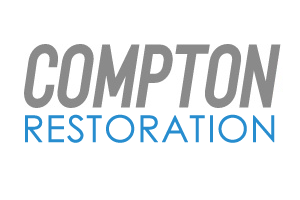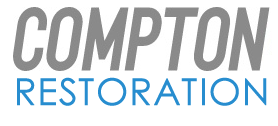Navigating the labyrinth of insurance claims can be as daunting as the disaster itself. Understanding the role insurance plays in the restoration process and how to communicate with your provider can streamline the journey to recovery.
Documentation and Reporting
Timely and thorough documentation of the damage is the cornerstone of any successful insurance claim. Maintain a detailed inventory of damaged items, take photographs, and retain all communication with your insurance company.
Policy Necessities
Familiarize yourself with your insurance policy to know what it covers and any limitations or exclusions. This ensures that expectations are aligned and claims are filed appropriately.
Restoration Companies and Insurers
Establishing clear communication between your chosen restoration company and the insurance adjuster facilitates a seamless process. A good provider will have experience in working with insurance companies and can act as a liaison on your behalf.
The Claims Process
Understanding the steps involved in the claims process—reporting the damage, assessment by an adjuster, and receiving a settlement—is empowering. It allows you to track progress and ensure that you receive fair compensation.

